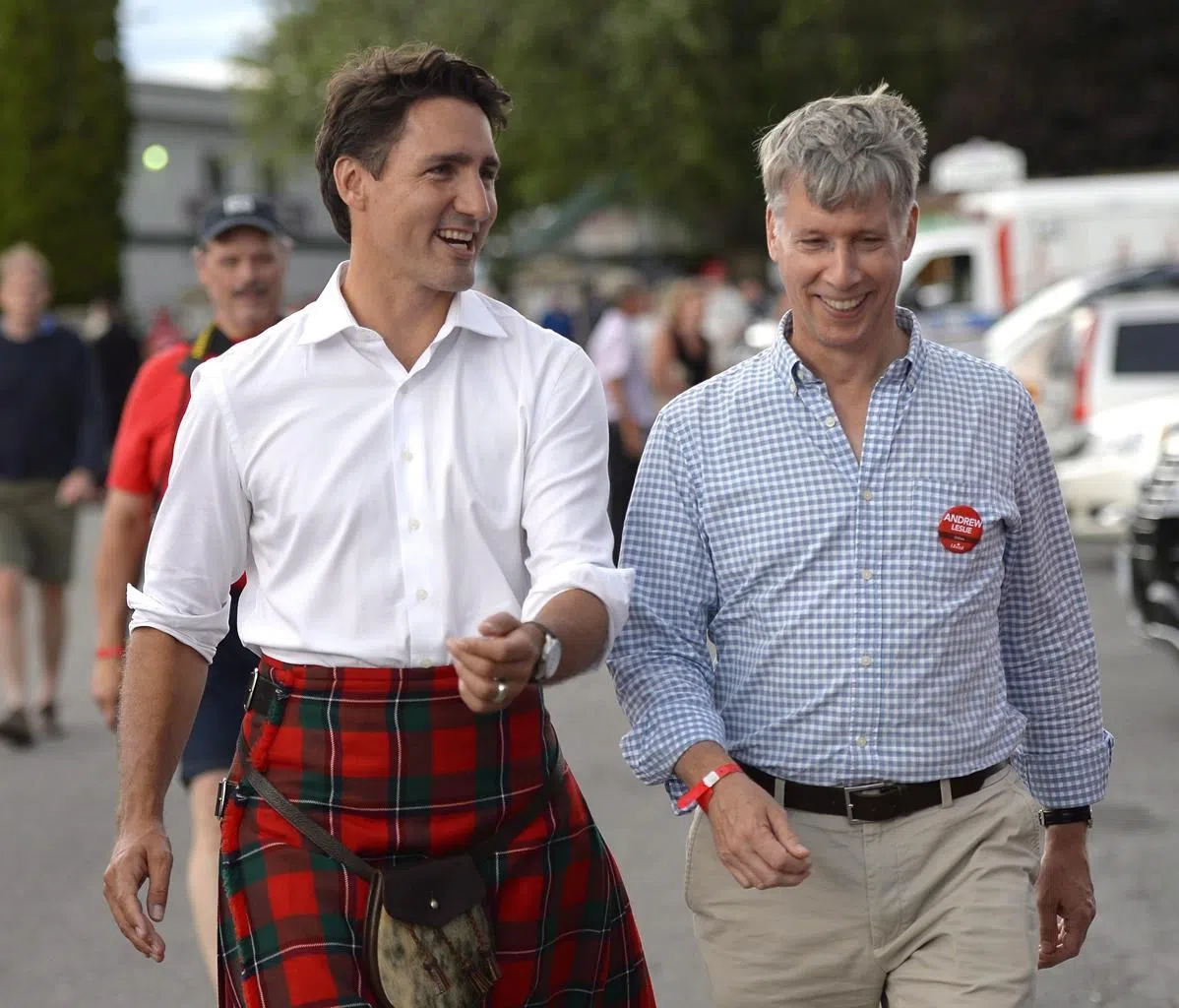
Trump commerce nominee Ross says U.S. won’t be ‘pushed around’ on trade
President-elect Donald Trump’s pick for commerce secretary said Wednesday he won’t be “pushed around” by anyone as he signalled a potentially painful road ahead for Canada and Mexico in trade talks with their U.S. neighbour.
The hard talk from billionaire investor Wilbur Ross contrasted sharply with conciliatory statements from the Liberal government about finding common ground with the Trump administration on elevating the middle class in their respective countries.
Ross said the North American Free Trade Agreement will be among the first orders of business for the new administration, suggesting the review would be far more sweeping than Canada might like.
But Ross’s testimony before the U.S. Senate commerce, science and transportation committee had other more jarring moments, including when he appeared to express satisfaction in the decline in Canada’s dollar and Mexico’s peso.


